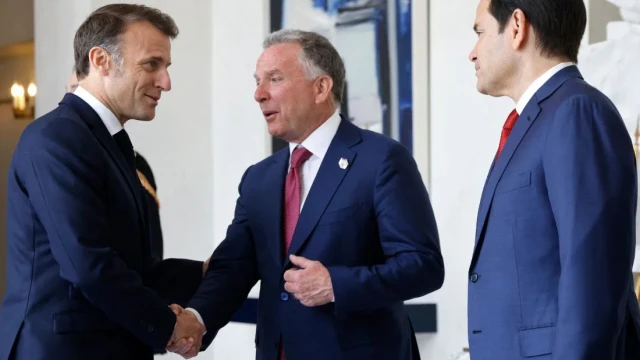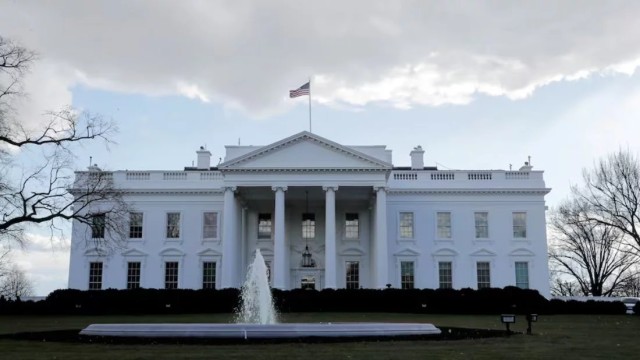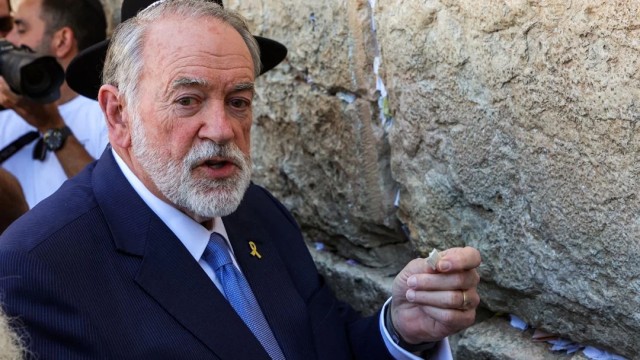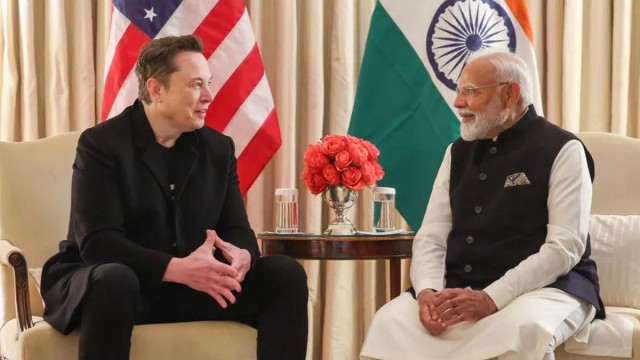Middle East, Apr 20 (V7N)-Amid rising tensions and escalating conflict in the Middle East, one pressing question remains: Who has the most to gain from peace with Israel? The answer is far more complicated than it might seem.
Each party in the conflict has distinct and sometimes conflicting interests. Moreover, the history of colonization is not as straightforward as often portrayed.
If peace were to be achieved, who would hold Israel accountable for its violations – violations driven by a sense of superiority and entitlement that Israeli Prime Minister Benjamin Netanyahu himself expressed during an appearance on Fox News, when he compared his country’s war crimes to those of European colonial powers, implying they are just as justified.
The region is undergoing profound changes that are shifting the balance of power in Israel’s favor. But it’s unclear whether Israel genuinely seeks peace.
This article explores the different parties who may have a direct or indirect interest in achieving peace with Israel, and analyzes what each of them stands to gain.
For many Arabs, peace with Israel is a deeply emotional and complex issue – one often viewed through the lens of resisting occupation.
Yet political realities on the ground may force a shift in priorities. Some of the groups that have led resistance efforts have seen their strategies fail, mainly due to a lack of preparation to confront a technologically advanced and militarily superior force.
Internally, strategies like Hezbollah’s emphasis on domestic empowerment have failed to foster broader national unity, instead focusing on selective internal engagement around the idea of “positive neutrality.”
Today, after years of devastating consequences and shifting alliances, the conversation has largely moved from resistance to the pursuit of political stability, security, and economic development.
The goal now is rebuilding and attracting international aid. The rules of engagement have changed – from Beirut’s southern suburbs for Tel Aviv to peace in exchange for humanitarian assistance, as demonstrated after Israeli strikes on the town of Metula.
This raises a new question: How sustainable is a peace built between a victor and a defeated party? History offers some precedent.
In 1973, Egypt achieved a partial military victory in the Sinai during the October War, which restored Arab morale and pushed Israel to the negotiating table.
This led to the 1978 Camp David Accords. But what, in hindsight, did Egypt actually gain from that peace deal?
Egypt secured several major achievements. Most notably, it forced a political resolution and recovered the Sinai Peninsula.
This was initiated by President Anwar Sadat’s historic 1977 visit to Jerusalem, where he addressed the Israeli Knesset, paving the way for negotiations.
The US, under President Jimmy Carter, sought to reduce Soviet influence in the region. The talks ended with the signing of the peace treaty in Maryland.
At the time, Israel viewed peace with Egypt as a necessity – a guarantee against future wars. In turn, Egypt officially recognized Israel, Israel withdrew from Sinai, and diplomatic ties were established, reflecting a mutual belief in diplomacy over military conflict.
But today’s Arab landscape is vastly different. For one, the US no longer holds the same influence in the region, partly due to the powerful sway of pro-Israel lobbying groups in American politics.
Meanwhile, the US and Russia appear to be quietly coordinating over shared interests in both Europe and the Middle East.
Unlike in the past, it is no longer Israel seeking war to ensure its security - rather, it’s Arab states seeking peace to safeguard their own stability.
This is especially evident in recent rapprochements between Iran and Gulf states, spurred by escalating threats related to the US-Iran standoff and recent Houthi attacks, as well as threats by Donald Trump to strike Iran and its nuclear facilities. This also applies to countries like Lebanon, Syria, Yemen, and Palestine.
Another critical point is that resistance groups that positioned themselves as champions of the cause have largely failed.
Instead of weakening Israel, they’ve reinforced the grip of its far-right leadership, which has advanced an agenda of exclusion, collective punishment, and war crimes – all with little regard for international law.
These outcomes have been exacerbated by the actions of groups like Hamas, Hezbollah, and the Houthis – seen as proxies for Iran – whose tactics have undermined efforts for a political and diplomatic resolution that could benefit Arab states.
Such a resolution could foster regional cooperation in areas like security, military, and energy – similar to what’s already underway between the UAE, Saudi Arabia, and Israel. These ties could serve as tools for strengthening the region’s position against Iranian influence.
As for the United States and Israel, they stand to benefit the most from peace in the Middle East. Regional stability would attract investments and encourage economic, technological, and military partnerships. It would also bolster joint efforts in security and innovation.
In conclusion, while the interests of each party vary when it comes to peace with Israel, several stakeholders could see strategic advantages – whether economic, political, or security-related.
The real challenge lies in crafting a comprehensive framework that balances these interests and meets the aspirations of the people involved – especially the Palestinian people.
END/MSS/AJ




























Comment: